COURSE OVERVIEW
HE0280 : Product Storage, Loading and Transport (Petroleum) - Basics
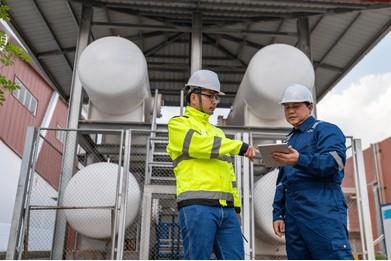
OVERVIEW
| COURSE TITLE | : | HE0280 : Product Storage, Loading and Transport (Petroleum) - Basics |
| COURSE DATE | : | Sep 21 - Sep 25 2025 |
| DURATION | : | 5 Days |
| INSTRUCTOR | : | Dr. Hesham Abdou |
| VENUE | : | Dubai, UAE |
| COURSE FEE | : | $ 5500 |
Course Description
Hazardous materials are used in many processes in the industry all over the world. Due to the nature of hazardous materials every production, storage, and transportation activity related to the use of these materials inherits many risks for both society and environment. Despite this fact, the use of hazardous material has been justified by the economical revenue, which is generated by their use. In order to avoid the risks turning into real events it is necessary to integrate risk mitigation and prevention measures into the transport management.
The very nature of the bulk and containerised transportation of hazardous material dictates that unforeseen and varied emergency situations can occur and accidents when they occur are likely to have greater impact. These emergencies when they happen are unpredictable can happen quickly, unexpectedly and invariably require immediate response. Therefore, the United States Department of Transportation (DOT) has established a series of regulations governing the transportation of hazardous material (Hazmat 49 CFR 171-173, Hazmat HM-181, Hazmat HM-126, Hazmat HM-232 etc).
Haward Technology Middle East
HE0280 - Page 2 of 7.
HE0280-09-25|Rev.68|30 January 2025
Petroleum products such as LPG, LNG, CNG, Propane, Hydrogen, Gasoline, Diesel and MTBE are the most commonly transported hazardous material, with approximately 2,000,000 petrol tankers on the roads worldwide carrying some 10,000 million tonnes of petroleum products. Further, more than 1000 million tonnes of petroleum products are moved by rail worldwide each year.
This state-of-the-art course is designed to address the Hazmat regulations and procedures in general and the Petroleum Products in particular. During the duration of this interactive course, participants will be exposed to the Loading, Unloading, Storing, and Transportation of Petroleum Products such LPG, LNG, CNG, Propane, Hydrogen, Gasoline, Diesel and MTBE.
TRAINING METHODOLOGY
This interactive training course includes the following training methodologies:
LecturesPractical Workshops & Work Presentations
Hands-on Practical Exercises & Case Studies
Simulators (Hardware & Software) & Videos
In an unlikely event, the course instructor may modify the above training methodology for technical reasons.
VIRTUAL TRAINING (IF APPLICABLE)
If this course is delivered online as a Virtual Training, the following limitations will be applicable:
| Certificates | : | Only soft copy certificates will be issued |
| Training Materials | : | Only soft copy materials will be issued |
| Training Methodology | : | 80% theory, 20% practical |
| Training Program | : | 4 hours per day, from 09:30 to 13:30 |
RELATED COURSES
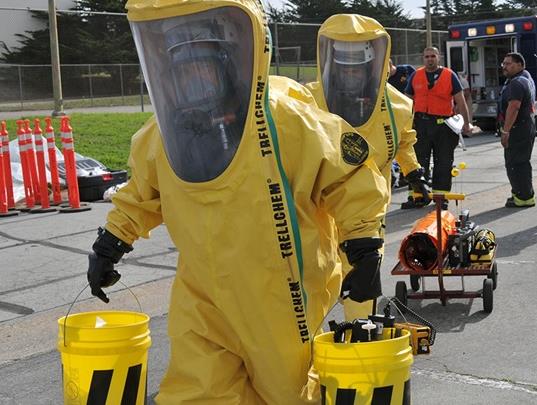
HE0581-3D : Certified Radiation Protection Officer (RPO) In-line with the Requirements of the Federal Authority for Nuclear Regulation (FANR)
- Date: Mar 02 - Mar 04 / 3 Days
- Location: Dubai, UAE
- Course Details Register
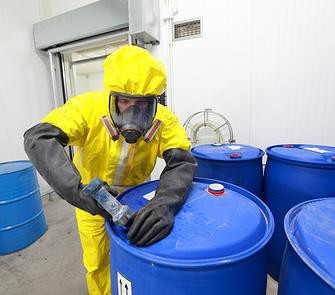
HE0904 : Basic Principles of Industrial Hygiene (Certified)
- Date: Mar 29 - Apr 02 / 3 Days
- Location: Al Khobar, KSA
- Course Details Register
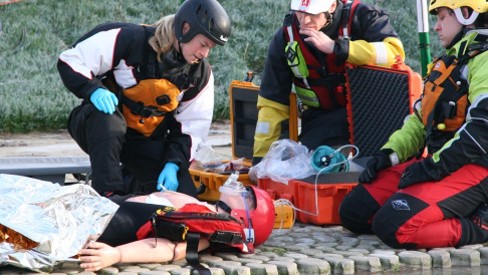
HE0970 : الإسعافات الأولية
- Date: Mar 29 - Apr 02 / 3 Days
- Location: Kuwait
- Course Details Register
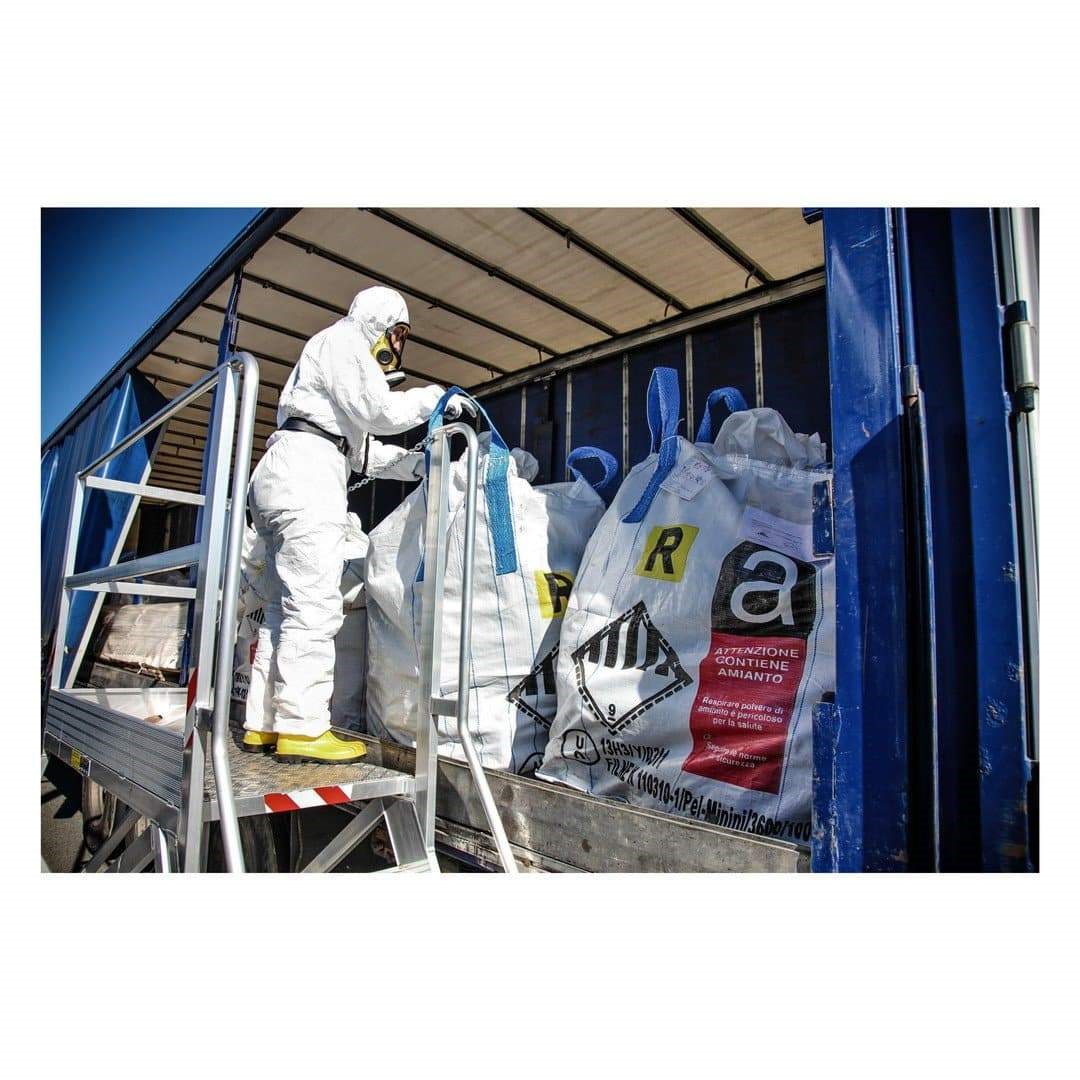
HE1939 : Industrial Hygiene Certification Program: BOHS-M504: Asbestos and Other Fibres (Accredited by the British Occupational Hygiene Society-BOHS)
- Date: Mar 29 - Apr 02 / 3 Days
- Location: Dubai, UAE
- Course Details Register
